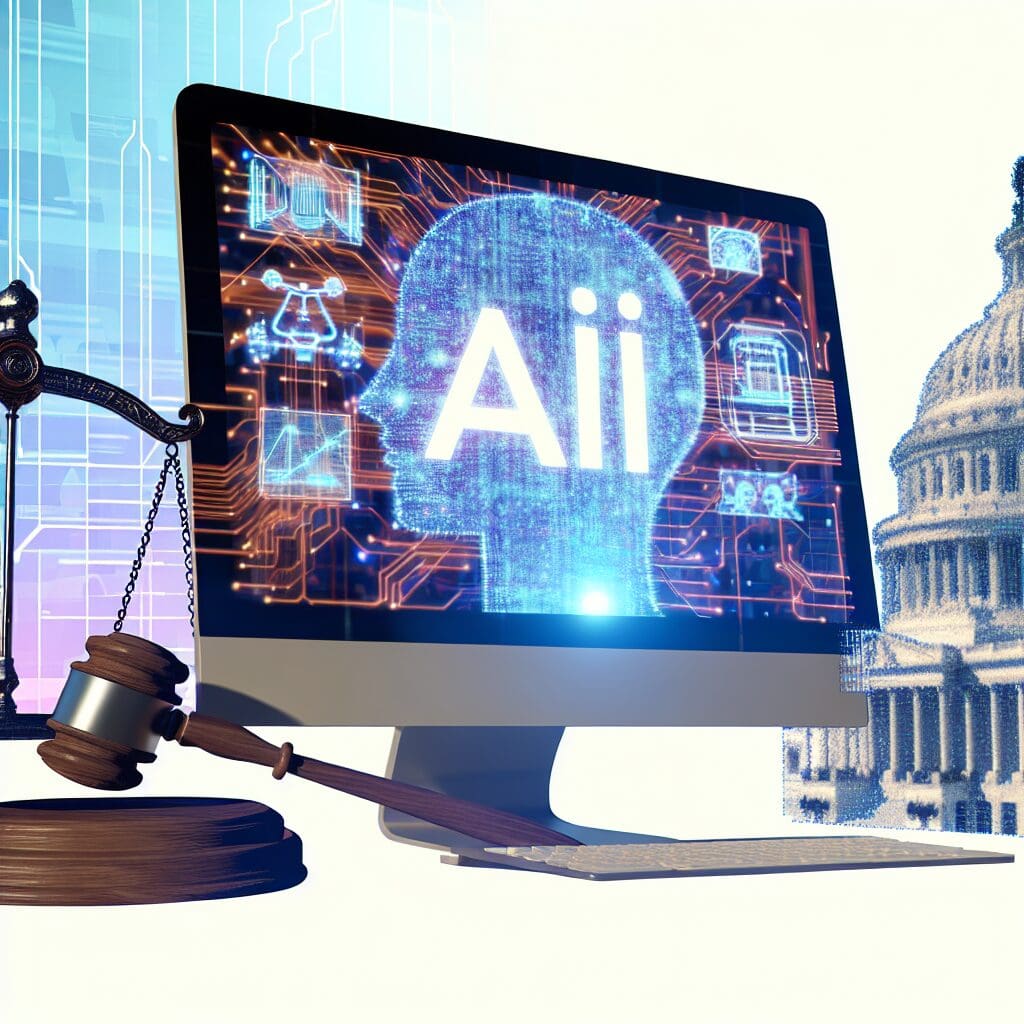OpenAI has recently made significant commitments in response to mounting concerns from U.S. lawmakers regarding the safety of artificial intelligence technologies. Acknowledging the broader implications of AI advancements, the company announced it will allocate 20% of its computing resources specifically for safety research. This proactive stance aims to ensure that its technological innovations are developed responsibly and with a focus on public safety.
The move is particularly noteworthy as lawmakers have raised alarms over the potential risks associated with advanced AI systems. OpenAI’s agreement not to impose restrictive non-disparagement agreements on its employees further signifies its commitment to transparency and open dialogue regarding AI safety. This decision allows employees to freely discuss safety issues without fear of reprisal, fostering an environment where safety concerns can be openly addressed and prioritized.
To illustrate the impact of these changes, consider the potential for AI technologies to revolutionize industries such as healthcare, where AI-driven diagnostics could significantly improve patient outcomes. However, without a robust safety framework, such innovations could also lead to unintended consequences. OpenAI’s initiatives reflect a forward-thinking approach to balancing innovation with ethical responsibility, setting a precedent for other tech companies.
In summary, OpenAI’s pledges mark a critical step towards ensuring that AI development aligns with public interest, addressing lawmakers’ concerns while promoting a culture of safety and transparency. This scenario exemplifies how industry leaders can actively contribute to shaping the future of technology in a responsible manner.












